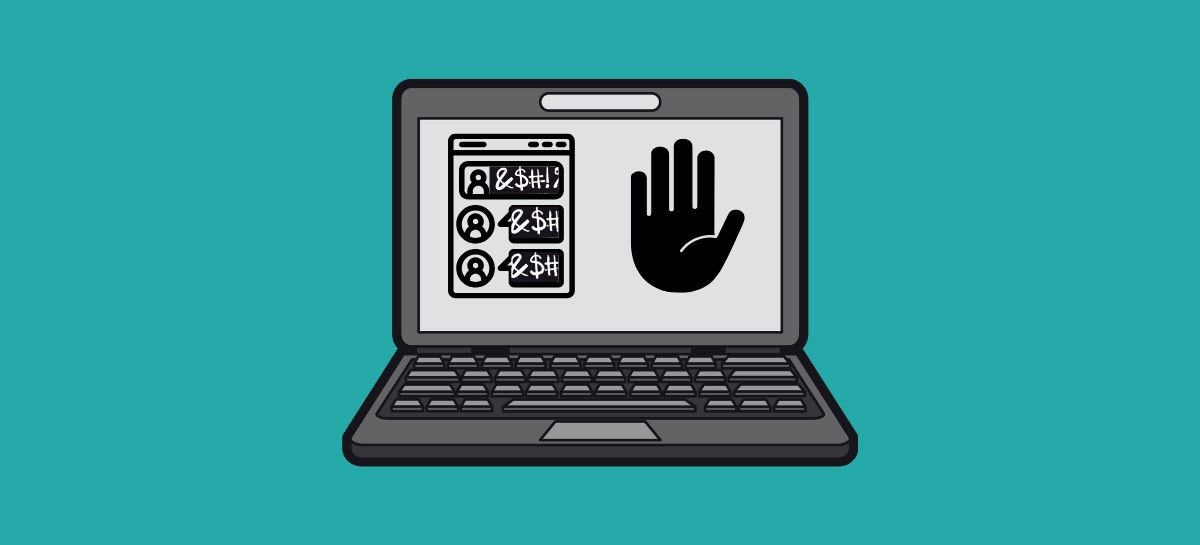
By Natalie Alkiviadou
As you roll out of bed, enjoy your morning coffee, and scroll through the comment sections on social media’s biggest stories, you are confronted with the reality that a lot of false information and bigotry is being posted online.
Although this feeling resonates with many people — including global leaders who believe that something must be done to clean up “torrents of hate” on social media — the reality is that efforts to censor hateful and false speech have historically proven to backfire.
It may seem paradoxical, but allowing hateful or deceitful speech reduces the likelihood of radicalization and can even advance minority rights. That’s because free speech exposes bad ideas to the public sphere, where they can be challenged and confronted.
Research also shows that free expression acts as a safety valve, providing citizens with an outlet to peacefully express their frustration about controversial issues or government policies, making them less likely to resort to force or violence.
Additionally, when democracies adopt bans on hate speech, these laws are often used as a blueprint for authoritarian regimes to suppress legitimate criticism of the government.
There is a better way. Behind keyboards around the globe, thousands of people have quietly countered false and offensive speech safely and effectively without calling for outright censorship from platforms or government officials.
Read MoreNatalie Alkiviadou is a Senior Research Fellow at The Future of Free Speech. Her research interests lie in the freedom of expression, the far-right, hate speech, hate crime, and non-discrimination.

